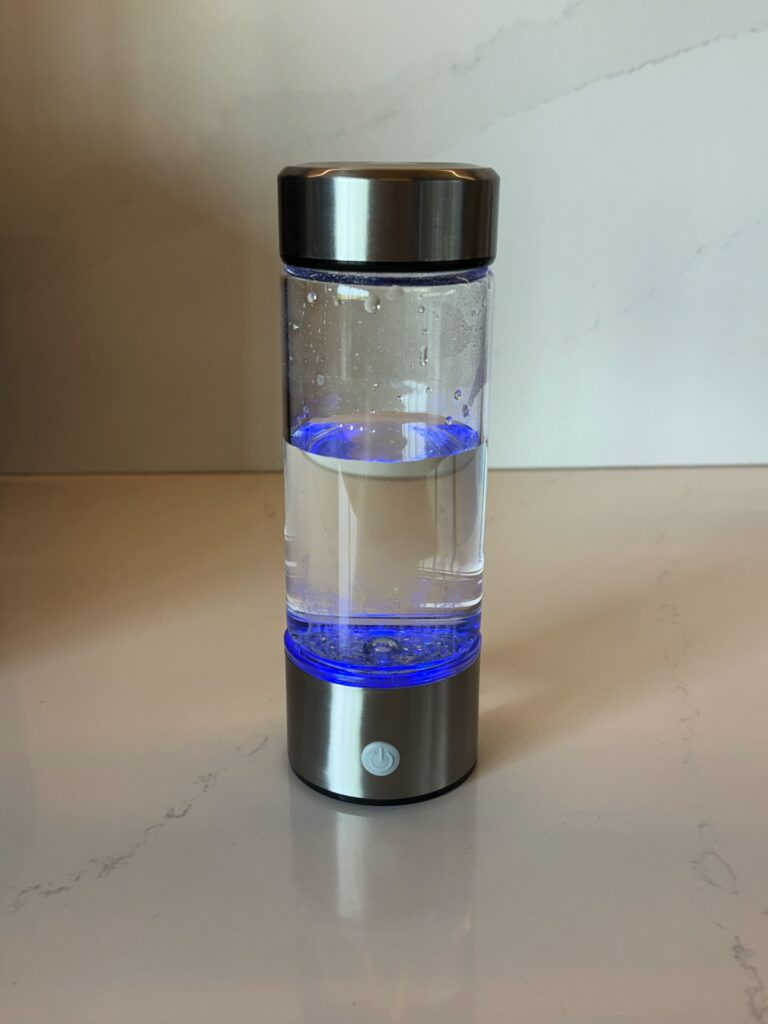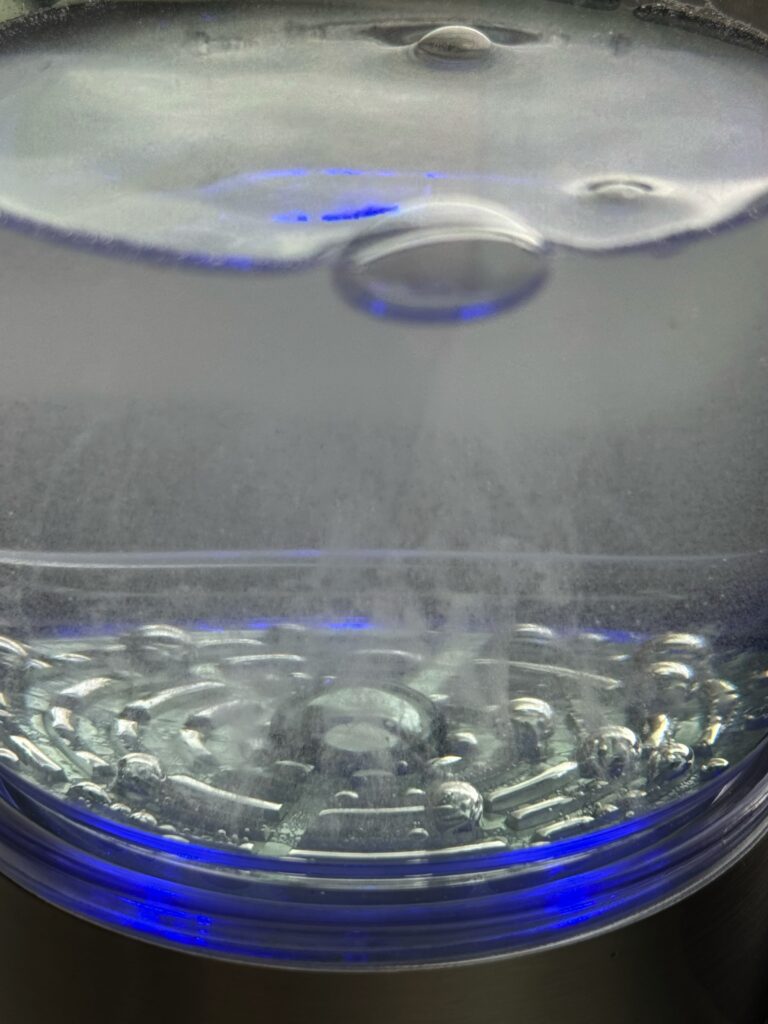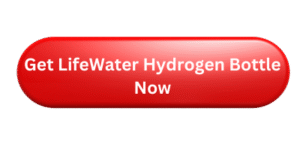Hydrogen Water Bottles Explained: Are They Worth the Hype?
Hydrogen water is generating considerable buzz, with claims ranging from increased energy to powerful antioxidant effects. But do these hydrogen water bottles actually deliver on their promise? This article dives deep into how hydrogen water bottles work, the science behind their benefits, how to compare models, and what you need to consider before making a purchase. By the end, you’ll have all the information you need to decide if hydrogen water fits your health routine.
What Is Hydrogen Water and Why Is It Becoming Popular?
Hydrogen water is simply water that contains dissolved molecular hydrogen (H₂) gas. Proponents say it acts as a potent antioxidant, neutralizing harmful free radicals and reducing oxidative stress in the body. Some suggest benefits such as improved energy levels, sharper mental clarity, better exercise recovery, and even anti-aging effects.
Japan sparked the trend, where hydrogen-infused beverages have been popular since the early 2000s. Today, the market includes everything from ready-to-drink cans to portable hydrogen water bottles. But what does the research actually say? And why has interest surged worldwide?
The Promised Benefits
Here’s what manufacturers and early adopters claim hydrogen water may do:
- Enhance athletic performance by reducing muscle fatigue and inflammation
- Boost cognitive function through reduced oxidative damage to brain cells
- Promote healthier skin by fighting free radicals linked to aging
- Increase overall energy levels due to cellular-level antioxidant effects
These possibilities sound exciting, but separating marketing hype from scientific reality is essential for any health decision.

How Do Hydrogen Water Bottles Work?
A hydrogen water bottle is a portable device designed to produce hydrogen-rich water on demand. Here’s a simplified look at how they operate:
The Technology Behind Hydrogen Infusion
Most hydrogen water bottles leverage one of two processes:
- Electrolysis Method: These bottles use electrodes (usually platinum or titanium) and a membrane to split water molecules (H₂O) into hydrogen (H₂) and oxygen (O₂). The hydrogen dissolves into the water, while the oxygen is released or vented out.
- Magnesium-Based Reaction: Some bottles use a reaction between magnesium and water, which also generates hydrogen gas that dissolves into the liquid.
Key Features to Look For
- Electrode Material: Platinum or titanium electrodes last longer and resist corrosion.
- Time to Hydrogenate: Some bottles infuse water in as little as 3 minutes, while others take up to 10.
- Concentration Levels: Effective bottles produce hydrogen concentrations in the 1.0–1.5 ppm range or higher, considered beneficial by existing studies.
- Battery or USB Charging: Many bottles are rechargeable, making them suitable for use at home, the gym, or on the go.
Usability and Maintenance
- Ease of Cleaning: Removable parts make cleaning simpler.
- Self-Cleaning Modes: Higher-end models automatically sterilize themselves to prevent bacterial growth.
What Does the Science Say About Hydrogen Water?
Evidence supporting hydrogen water’s health claims is still emerging, but research is growing:
Review of Key Studies
- Athletic Performance: A 2012 study published in Medical Gas Research suggested that drinking hydrogen water may reduce exercise-induced muscle fatigue in elite athletes. The sample size was small, but findings are promising.
- Antioxidant Effects: Animal and lab studies point to hydrogen’s ability to reduce oxidative stress (Yamamoto et al., 2015), but large, peer-reviewed human trials remain limited.
- Chronic Conditions: Preliminary studies have explored hydrogen water’s role in supporting heart health, diabetes management, and cognitive function, with mixed but intriguing results.
The Current Consensus
While laboratory and preliminary human studies show potential, the scientific community agrees more large-scale, long-term research is necessary before definitive health claims can be made. Hydrogen water is generally considered safe, but it should not replace evidence-based medical treatments.

Comparing Hydrogen Water Bottle Brands
Choosing the right hydrogen water bottle depends on a careful evaluation of features, performance, and quality. Here’s a look at top brands and what sets them apart:
Leading Hydrogen Water Bottles on the Market
- H2CAP Plus
-
-
- Hydrogen Output: Up to 1.5 ppm in 5 minutes
- Materials: Platinum plating, BPA-free plastic
- Special Features: Universal compatibility with most water bottles, USB charging
-
- LevelUpWay Hydrogen Water Bottle
-
-
- Hydrogen Output: Up to 2.0 ppm
- Materials: Platinum-coated titanium, glass construction
- Special Features: Dual-chamber design, self-cleaning mode, fast charge
-
- GOSOIT Hydrogen Alkaline Water Bottle
-
-
- Hydrogen Output: Up to 1.2 ppm
- Materials: Food-grade resin, titanium alloy
- Special Features: Affordable price, good for beginners, LCD display
-
- HydroGenius Pro
-
-
- Hydrogen Output: 1.5 ppm
- Materials: Borosilicate glass, titanium electrode
- Special Features: High-capacity battery, easy to clean, elegant design
-
Comparison Table
|
Brand |
Hydrogen Output |
Electrode |
Material |
Charging |
Price Range |
|---|---|---|---|---|---|
|
H2CAP Plus |
Up to 1.5 ppm |
Platinum |
BPA-free plastic |
USB |
$$ |
|
LevelUpWay |
Up to 2.0 ppm |
Platinum-coated titanium |
Glass |
USB |
$$$ |
|
GOSOIT |
Up to 1.2 ppm |
Titanium alloy |
Food-grade resin |
USB |
$ |
|
HydroGenius Pro |
Up to 1.5 ppm |
Titanium |
Borosilicate glass |
USB |
$$ |
Note: Prices and feature sets may change. Always check the latest information before purchasing.
How to Choose the Right Hydrogen Water Bottle
With a growing array of choices, consider these tips to ensure you select a bottle that meets your needs:
- Check the Hydrogen Concentration: Aim for bottles that produce at least 1 ppm hydrogen concentration for meaningful results.
- Evaluate Battery and Portability: If you travel or commute, prioritize models with fast USB charging and long battery life.
- Prioritize Build Quality: Opt for BPA-free plastic or high-grade glass construction and high-quality electrodes (platinum/titanium).
- Assess Cleaning Requirements: Models with self-cleaning features or removable parts are easier to maintain and safer in the long term.
- Read User Reviews: Look for reliable manufacturer guarantees and positive user feedback, especially about build, taste, and device longevity.
- Warranty and Customer Support: Choose brands that offer at least a one-year warranty and responsive customer support for repairs or questions.
Are There Any Risks or Side Effects?
For most users, hydrogen water is considered safe when produced using certified, food-grade hydrogen water bottles and regular drinking water.
Potential Concerns
- Contaminants: Poor-quality bottles or those using non-food-safe materials may introduce harmful substances into your water.
- Hydrogen Gas Buildup: Proper venting is essential to avoid pressure or accidental gas buildup.
- Lack of Regulation: Hydrogen water bottles are not tightly regulated, leading to inconsistent standards across brands. Always research the manufacturer.
If you have underlying health conditions or are using medications, consult your healthcare provider before adding hydrogen water to your diet.
Moving Forward with Hydrogen Water
Hydrogen water bottles offer an intriguing glimpse into the future of wellness tech. While claims of dramatic health benefits await further scientific validation, these devices make it easy and portable to infuse water with molecular hydrogen.
Summary of Key Points
- Hydrogen water is regular water infused with molecular hydrogen, potentially offering antioxidant benefits.
- Hydrogen water bottles use electrolysis or magnesium reaction to infuse hydrogen into drinking water.
- Early research suggests possible advantages for athletic performance and long-term wellness, but more evidence is required.
- Choosing the right bottle involves considering hydrogen output, build quality, ease of cleaning, and warranty.
- Risks are minimal when using reputable products, but always consult with your physician if unsure.
Curious to experience the future of hydration? Visit our store today and find the hydrogen water bottle that fits your lifestyle and goals.

